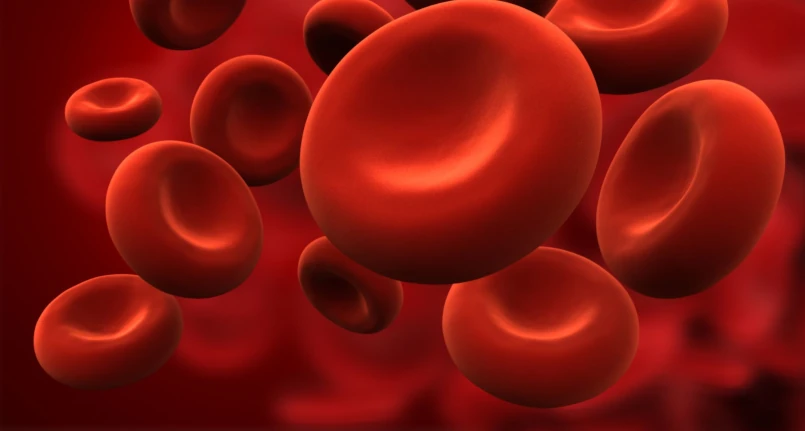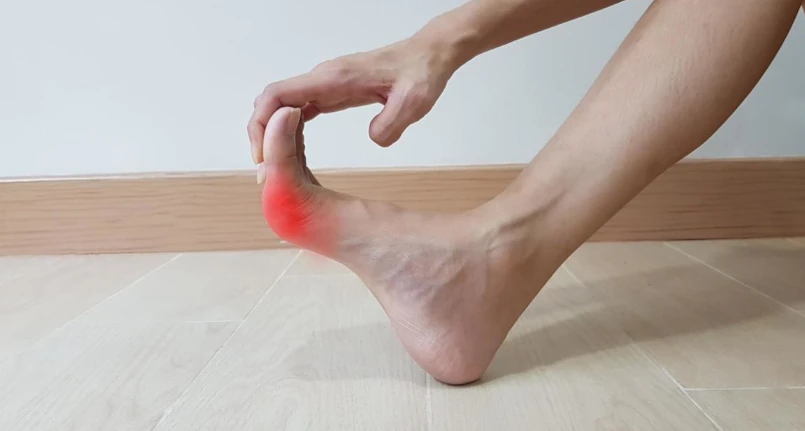Anemia and iron deficiency
The relationship between anemia and iron deficiency is universally known. This mineral is in fact a fundamental part of hemoglobin , a molecule contained in red blood cells and essential for the transport of oxygen in the blood .
The anemic form caused by iron deficiency is called iron deficiency anemia .
Often the condition remains asymptomatic or manifests with mild symptoms, such as paleness, weakness, dizziness , cold extremities and brittle nails . These symptoms are quite non-specific and common to all the various forms of anemia ; therefore, before evaluating the use of iron supplements, it is important to consult your doctor and make sure that the symptoms depend on an actual deficiency of the mineral.
What to know about iron
Few people know enough about iron metabolism in the body . For this reason, we briefly report some hints of physiology, useful for establishing the need or otherwise of iron-based supplements.
- The absorption of iron, in the intestine, varies in close relationship with the body’s needs; if this increases, the intestinal mucosa absorbs it in greater percentages and vice versa.
- Daily losses of iron are quantifiable in about 0.8-1.5 mg per day, but there is a certain individual variability, especially in females.
- Only 10-35% of the iron present in animal foods and 2-10% of that contained in plants is actually absorbed. If an average percentage of 10% is assumed, the intake must be equal to 10 times the requirement; in this case it is therefore quantifiable in 8-15 mg/day.
- The presence of vitamin C , citric acid (it is therefore useful to add a few drops of lemon on fish or steak), sugars (especially fructose ) and amino acids , facilitates the absorption of iron , which is instead hindered by tea and coffee . Also in vegetables and wholemeal foods there are substances capable of limiting the absorption of iron; normally the amount removed from the body is irrelevant for the overall metabolism , but it can contribute to the onset of deficiency states if the diet is at the same time low in meat and fish.
- The balance of iron is mainly regulated at the level of absorption, while elimination is relatively constant (0.8-1.5 mg per day) and mainly occurs with bile , faeces, small intestinal haemorrhages, desquamation of the skin and urine .
- For every ml of blood lost, about 0.5 mg of iron is lost.
- It is difficult to quantify bleeding during menstruation; a reasonable average is between 30 and 60 ml per month, but some women can lose much less or much more, without bordering on the abnormal. Assuming a value of 46 ml and distributing the total losses (46/2 = 23 mg) over the 30 days of the month, a daily surplus of 0.76 mg is obtained. Approximately 7.6 mg of extra iron per day is therefore needed to meet this quota.
Causes of Iron Deficiency
From what has been said so far, we can identify various factors that predispose the individual to iron deficiency:
- reduced intake, due to diets low in meat and based mainly on whole grains and vegetables;
- diet excessively rich in bran (used by some to regulate intestinal function);
- insufficient absorption: achlorhydria , diarrhea , gastro-intestinal alterations, abuse of laxatives ;
- excessive blood loss ( hemorrhoids , nosebleeds , heavy menstrual flow , ulcers , gastrointestinal tract bleeding , etc.);
- pregnancy and breastfeeding ;
- sports (especially endurance running ) .
Iron supplements
The use of iron-based supplements is justified in the presence of the risk factors listed above or when specific blood tests have shown an anemic form attributable to iron deficiency.
The treatment of these conditions involves the administration of external martial sources (iron supplements), since foods alone may not be sufficient to rebalance important deficiencies.
However, adjusting one’s dietary habits is important, just think that the vitamin C contained in a glass of orange juice is able to triple the absorption of iron provided by breakfast .
The use of iron supplements should only take place under medical advice, after careful evaluation of specific blood tests . Only in this way can excess problems be avoided and the real causes of the anemic picture discovered.
To learn more about iron supplements and how to use them, read this article .




